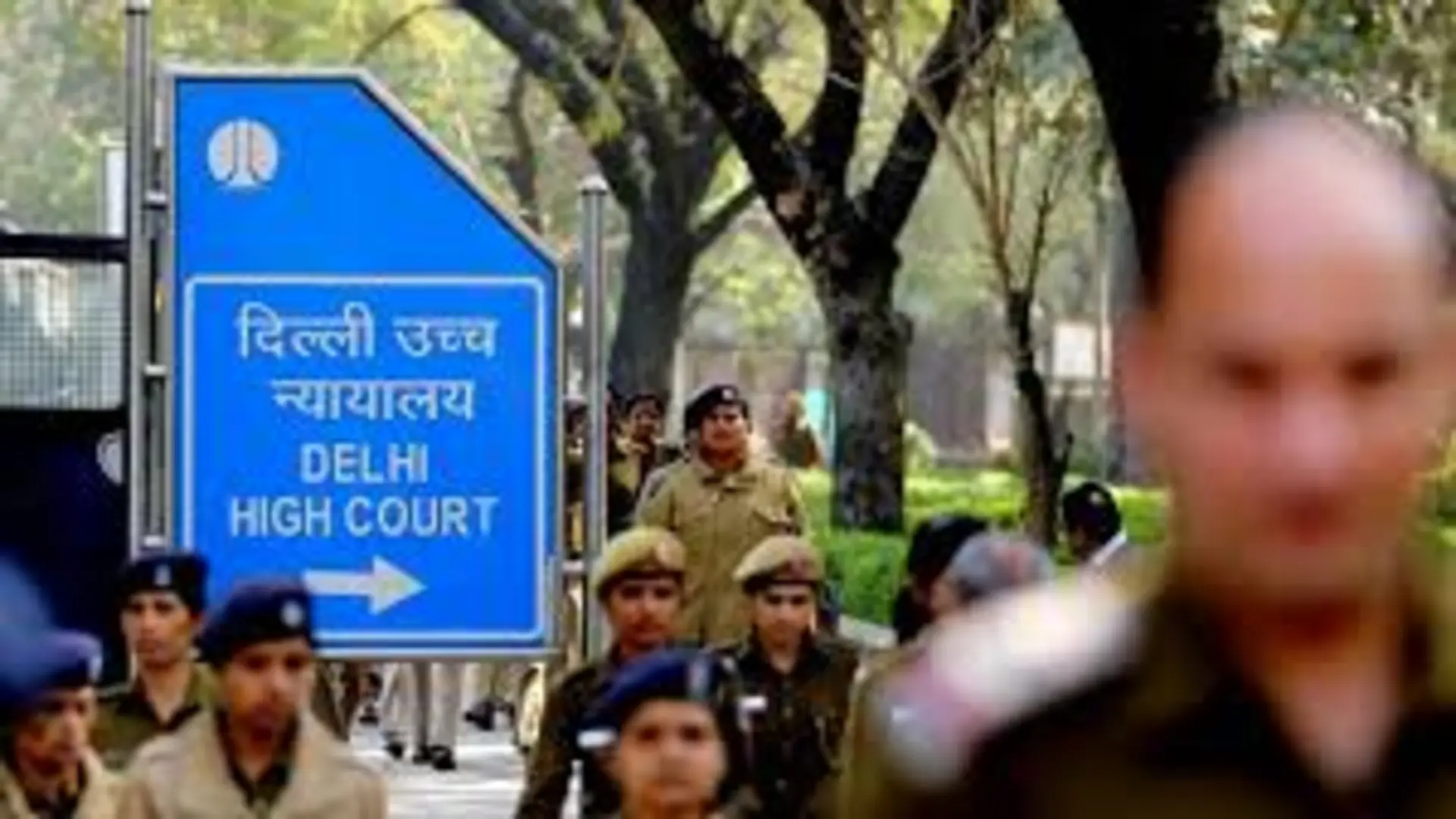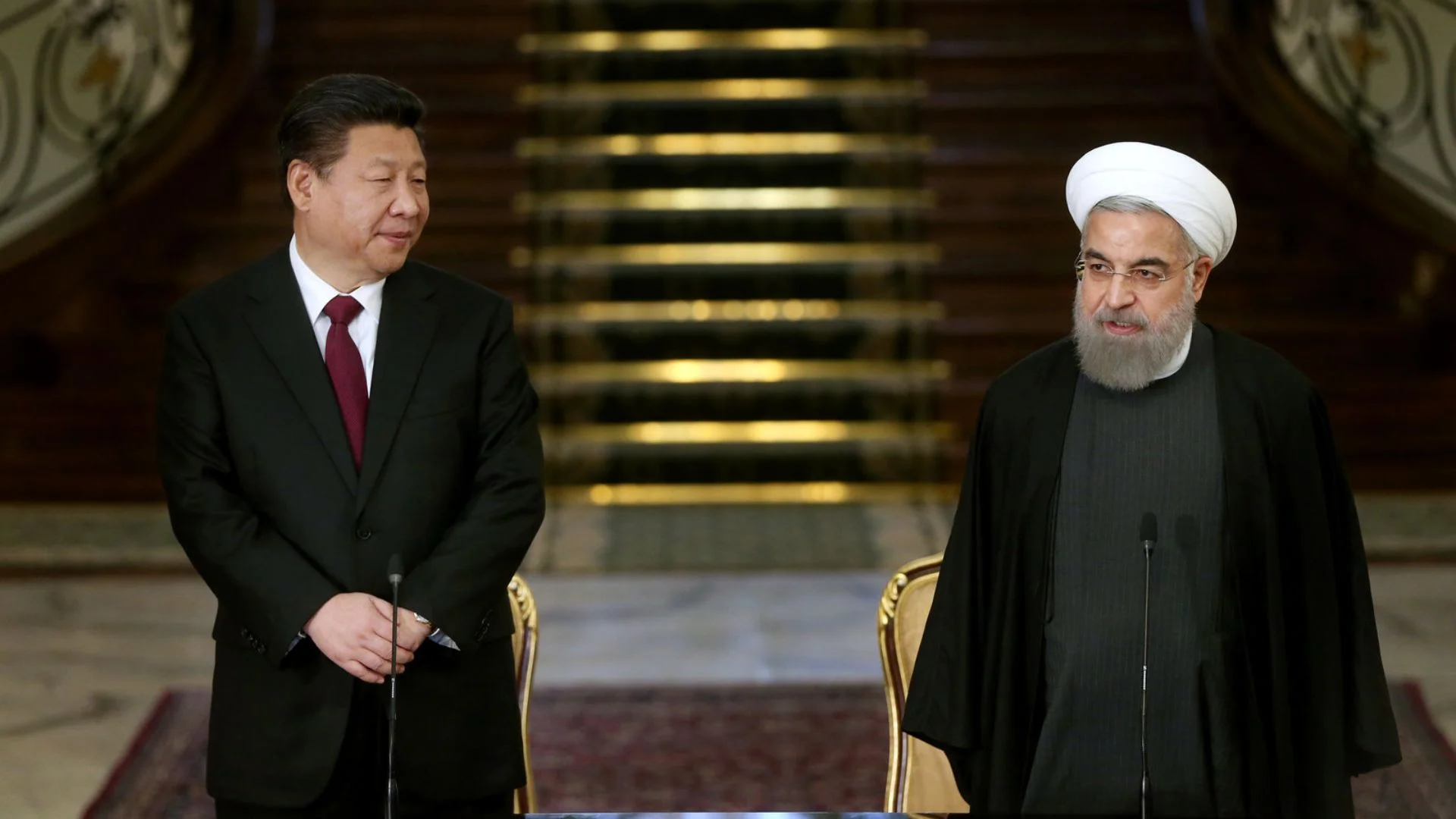In a significant overhaul of criminal laws, Gurgaon’s police force is adapting to the Bharatiya Nyaya Sanhita (BNS) and Bharatiya Nagarik Suraksha Sanhita (BNSS), replacing outdated frameworks with streamlined processes. These reforms aim to simplify the registration of FIRs, enhance evidence collection, and modernize courtroom procedures.
Senior police officials and legal experts have welcomed the reforms, emphasizing the elimination of jurisdictional barriers that previously hindered complainants from filing reports. Under BNSS, individuals can now lodge ‘zero FIRs’ or ‘E-FIRs’ at any police station or through digital mediums like WhatsApp. This change allows for swift action, requiring complainants to visit the relevant police station within 72 hours to formalize their complaint.
“For cases carrying a punishment between three to seven years, preliminary inquiries can now be conducted by the station in-charge within 14 days, subject to approval from a senior officer,” explained Siddhant Jain, DCP (south Gurgaon). While designed to expedite the process, some legal experts caution that this provision could potentially delay investigations unnecessarily.
The introduction of mandatory video recording during arrests and crime scene investigations underlines another significant shift. Forensic teams are now mandated to conduct on-site investigations for cases involving severe penalties. This enhancement, despite concerns about resource constraints, is expected to bolster conviction rates by providing concrete evidence.
Video evidence, a cornerstone of the new laws, must be meticulously documented and presented in court. Kuldeep Singh, DCP (NIT), Faridabad, highlighted the implementation of these measures, emphasizing their future integration into the e-Sakshya app for streamlined judicial access.
Moreover, BNSS empowers law enforcement to detain individuals violating directives for up to 24 hours, with subsequent judicial review under Section 172(2). This provision has sparked debates among legal circles regarding its potential misuse and the broad scope of offenses it covers.
The implementation of BNS and BNSS marks a pivotal moment for Gurgaon’s law enforcement, ushering in a new era of efficiency and accountability. While these reforms promise to simplify legal procedures and enhance investigative rigor, ongoing discussions among stakeholders will be crucial to refining their application and ensuring equitable justice delivery.























